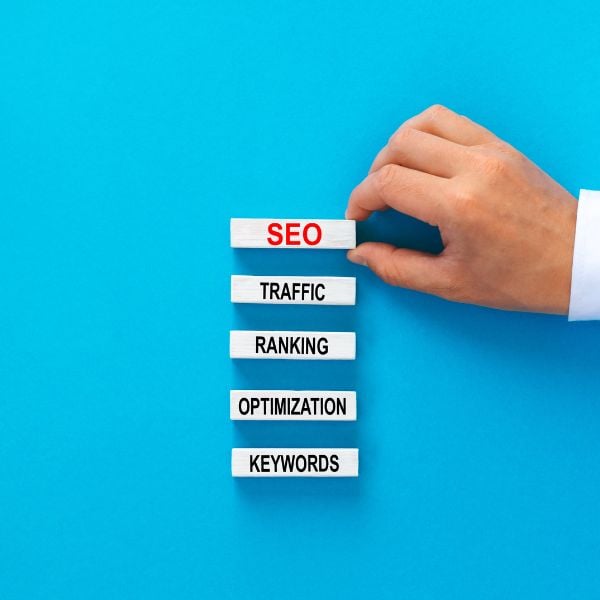It’s no surprise that businesses are competing for the top SEO experts and desiring to hire the best SEO agencies because of the numerous benefits the field provides. If you’re serious about inbound marketing and expanding your visitor base, you need to hire technical SEO experts in a vetted agency immediately.
You need to provide tests of technical skill and other traits to determine who has what it takes to do a good job. Of course, it’s simpler to say than to actually execute.
There are a lot of so-called SEO gurus out there, but only a select handful can genuinely improve your rankings over time. Knowing how to hire the best and prevent the hassle and costs of making a terrible hiring is, thus, vital.
Expert SEO work requires analytical thinking that can examine issues from various perspectives. An SEO professional’s or agency’s ability to analyze data and find root causes of problems is crucial when looking for the best SEO agency that can fulfill your needs.
After the last Google update, did you notice a significant drop in organic traffic to your website? Your SEO agency’s knowledge of why and how to fix this is crucial. Is there an article that far outperformed your expectations? If that’s the case, they should be able to deduce its secrets to success and apply them to future works.
In other words, the success of your business depends on you making an educated, data-driven decision when hiring your next SEO agency.











